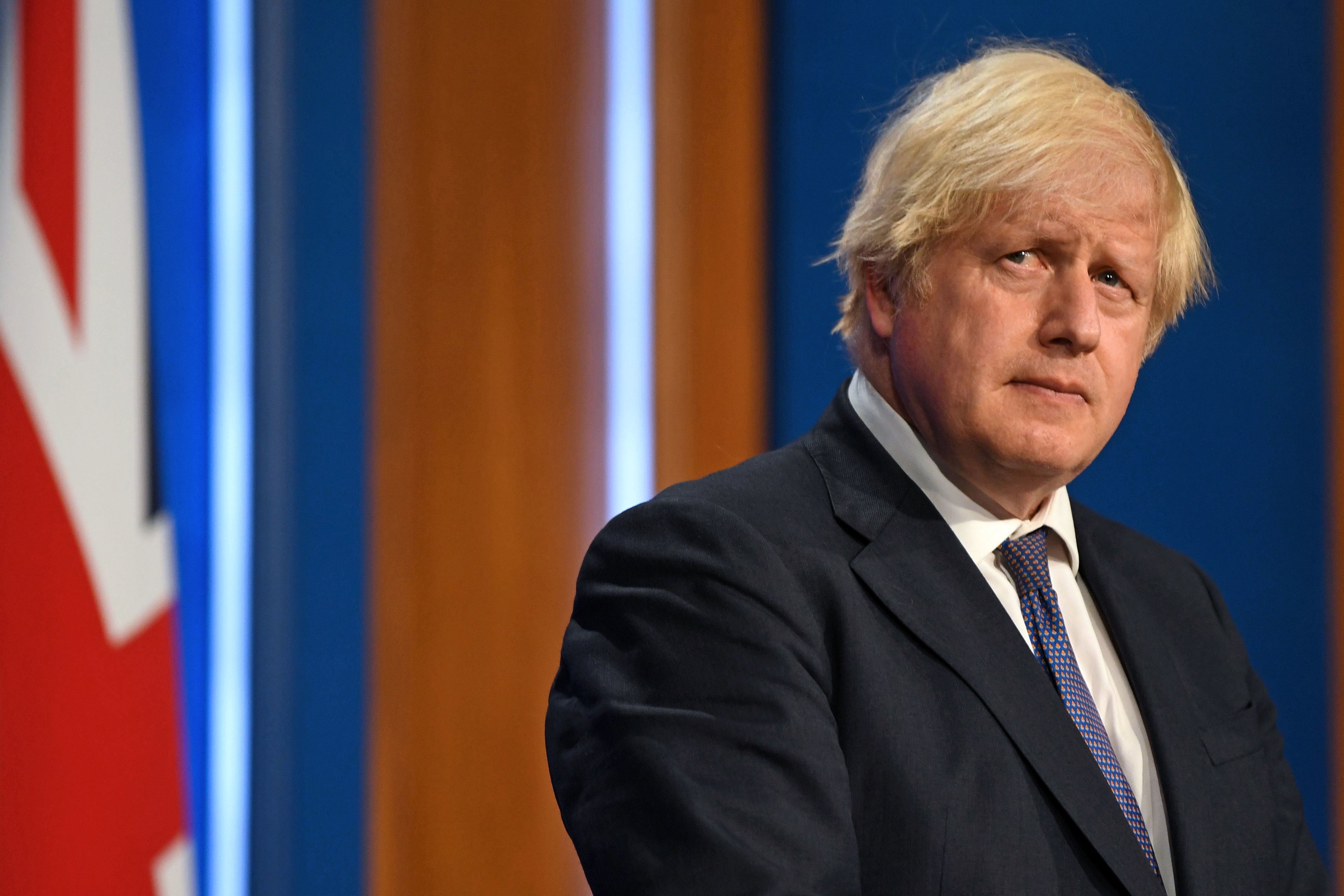Markets ended the week nervously over today’s badly misnamed ‘freedom day’. They were right to be
As Covid cases surge, how will the British public react to the ending of restrictions? The stock market was wary at the end of last week as scientists lambasted the prime minister’s reckless gamble as a ‘danger to the world’. Even its economic benefits are questionable

“Investors seem troubled by how freedom day will play out,” said Danni Hewson, AJ Bell’s financial analyst, as the FTSE 100 and the more UK focussed FTSE 250 both ended the week on a nervous note, casting around for direction and unsure what to make of it all.
The concern was merited.
The idea that the dropping of nearly all the remaining pandemic restrictions will turbo charge an improving economy was always a debatable one, given the erratic behaviour of the dangerous little coronavirus that’s been wreaking havoc for well over a year.
Now it looks like a fantasy as cases surge and scientists describe Boris Johnson’s policy – “herd immunity 2.0” – as “a danger to the world”, a reckless gamble that may kill an awful lot of people.
The desire to reopen among still shuttered sectors is entirely understandable. Data company CGA said Monday’s changes would allow close to 12,000 of Britain’s licensed premises to reopen their doors, many of them in the decimated late-night sector.
It said nearly a third of large and late-night venues were closed as of the end of June 2021. The same was true of more than a fifth of sports and social clubs. Many other venues were hampered by social distancing requirements.
The Market Recovery Monitor from CGA and AlixPartners, a consulting firm, said that Britain has been losing a net 25 hospitality venues a day since June 2020.
More generally, corporate insolvencies, which were extremely low through the course of the pandemic, have started to increase at a rapid rate.
In June 2021 they came in it at 1,207 – 19 per cent higher than in May. The figure was also 62.9 per cent higher than that recorded in June 2020. Trade body R3 said it was the third highest number recorded since the virus landed.
Monthly insolvency figures are inevitably choppy, but the trend is clear enough.
R3’s vice president Christina Fitzgerald said the delay to reopening had been “particularly unhelpful for the hospitality and retail sectors, which have been hit hardest by trading restrictions and lockdowns”.
But the surging case count could prove equally unhelpful to those sectors because it is open to question how the British public will respond to it.
There will inevitably be some who jump in. But how many?
There was an interesting note last week from Shore Capital’s Adam Barker, the broker’s healthcare analyst who has a PhD in genetic epidemiology and has been providing regular pandemic related commentary.
Barker argued that “people appear to change their behaviour when they perceive cases to be increasing” even in the absence of restrictions.
A notable feature of the recent wave of hospitalisations is also that they have had a younger age profile than previously. There have been studies showing that the virus can have a nasty sting in the tail for younger sufferers, even if their risk of dying is considerably lower than that of their parents or grandparents.
If significant numbers of people remain cautious in the the light of all this, as Barker suggests, it doesn’t bode at all well for those hoping for a swift bounce back, or for the prospects of businesses reopening at a time when support measures such as the furlough scheme are weakening.
The danger of another lockdown at the end of this is very real, especially if cases remain high into the autumn when flu season gets under way (Barker calls this a “nightmare scenario”).
If, if, if. The ifs abound. The uncertainty, the question of what to do for the best, is casting a pall over everything. Freedom day? It never felt like that for those deemed clinically extremely vulnerable. But their fears are felt by others too. The widely used term is inaccurate as well as crass.
So yes, investors are quite right to be concerned. Britain is taking a leap into the unknown and the benefits to the economy of doing so are questionable, especially if the virus shoves the nation face first on to the floor again.
We’ll all know who to blame if it does.
Join our commenting forum
Join thought-provoking conversations, follow other Independent readers and see their replies
Comments